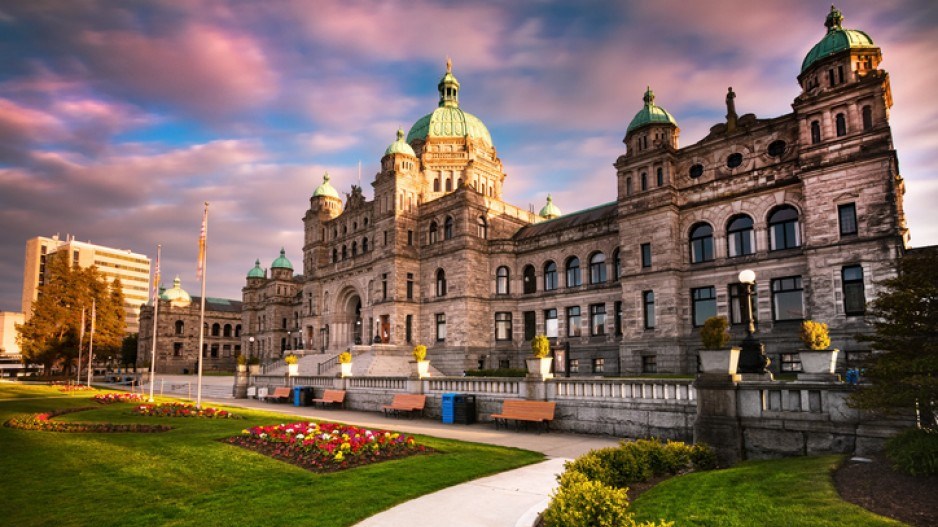In October of last year, the provincial government appointed the Electoral Boundaries Commission and tasked them with recommending new provincial electoral boundaries before the next election. The appointment of the new commission followed amendments to the Electoral Boundaries Commission Act, removing explicit protections for ridings in rural British Columbia.
In March of this year, the Electoral Boundaries Commission began holding public consultations throughout the province, beginning in the Lower Mainland. Under legislative requirements set in the Electoral Boundaries Commission Act, the commission must seek to recommend electoral districts with populations within plus or minus 25 per cent of the average electoral district population, which is about 57,000 people.
The commission is empowered to recommend the creation of up to six additional seats in the BC Legislature, meaning the total number of seats may be raised to a maximum of 93 (up from 87). The commission may also choose to recommend the merging of existing electoral districts.
A review of current electoral district populations shows that there is significant risk that communities in northern and rural British Columbia will lose representation in the Legislative Assembly. Northern BC, which has a population of just over 300,000, is currently represented by 9 MLAs. Should the commission choose to adjust riding boundaries to represent the provincial average, the number of seats in the north could be reduced to less than 6.
Representation is especially important in northern British Columbia, where lack of connectivity and inefficient transportation options provide barriers to access for elected officials and government. Many of our communities do not have adequate access to internet or cell phone service, making it difficult for residents to depend on virtual connectivity with their representatives.
The already vast geography of northern ridings makes it challenging to effectively represent constituents. For example, the MLA from Stikine covers the largest geographic territory (196,484 sq km) out of any riding in BC, while also representing the lowest population in the province.
This is exactly why protections had previously been put in place to protect rural ridings. With these protections now gone, our representation is at risk.
It is important that residents living outside of major population centres maintain access to their elected officials. Residents in Northern British Columbia deserve a right to meet with MLAs face to face. While we all understand the vast geographical challenges our MLAs face today, we need to ensure that the Electoral Boundaries Commission fully comprehends the challenges surrounding the physical separation of our communities.
It is expected that the commission will travel to northern BC sometime in April, following visits to Vancouver Island and the Okanagan. The commission will seek community input through public hearings at select locations across the province. They will also review submissions made online.
It is vital that British Columbians living in northern and remote areas across British Columbia recognize what is at stake in this ongoing riding boundary redistribution process. To protect our voices, residents can sign up to speak at an upcoming public hearing to express the importance of effective representation in northern and rural communities. Hearing dates will be posted on the Electoral Boundaries Commission website (www.bcebc.ca) once they are scheduled.
There is a lot at stake for our communities. If you have any questions about the process, we encourage you to reach out to your local MLA or Chamber office.
Todd Corrigall is the CEO of the Prince George Chamber of Commerce.

